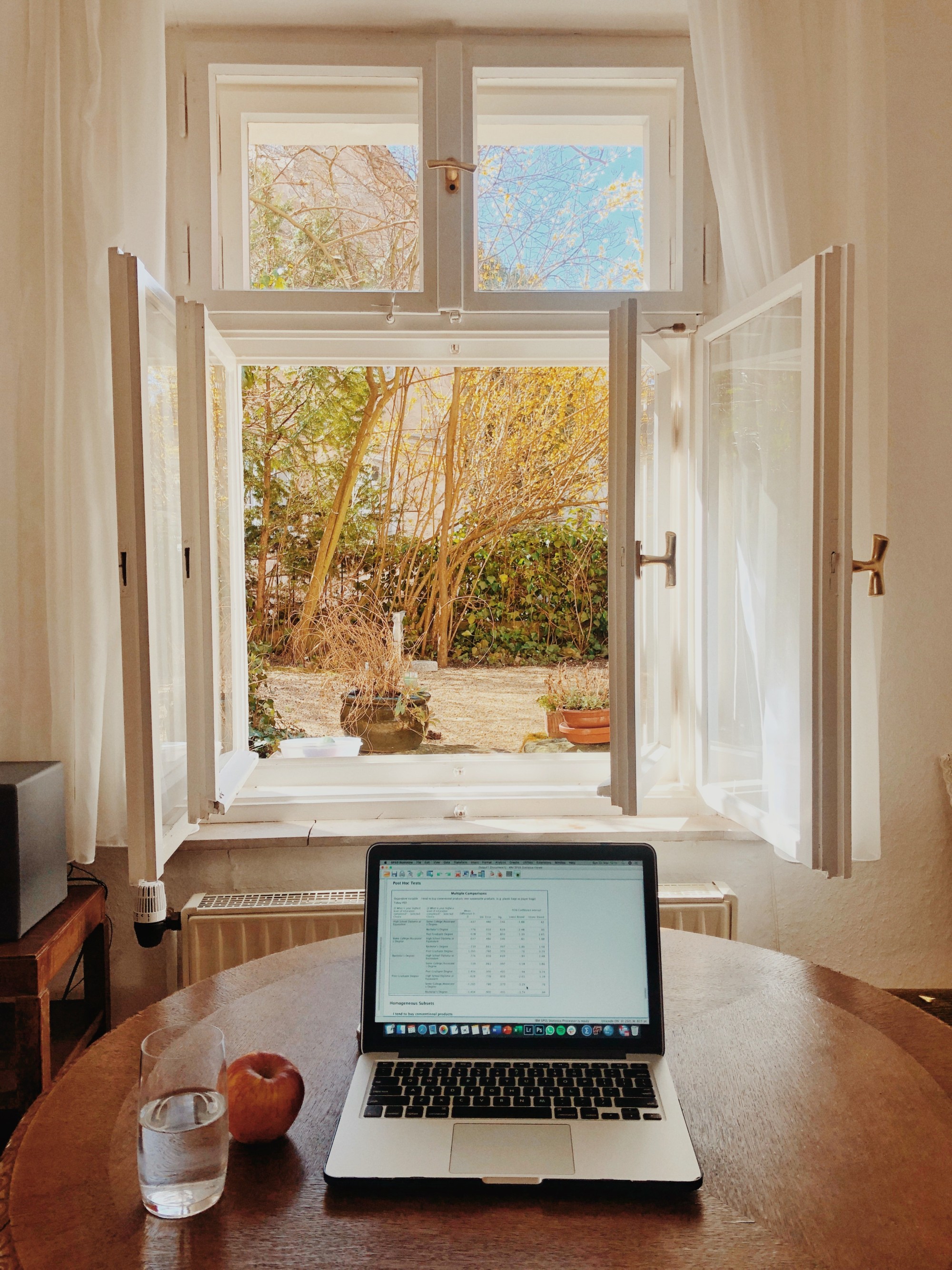
Pros & Cons: Long Term vs Short Term House Rental
Home / Pros & Cons: Long Term vs Short Term House Rental

Pros & Cons: Long Term vs Short Term House Rental
The recent years saw a trend where rental properties are growing at a faster rate than selling owned real estate properties. Landlords of long term and short term apartment rentals are at an advantage in the rental market.
If you’re looking to own a long term or short term rental property, it is best to learn how to assess the value of the property. Will it appreciate over time? You need to choose the right location, understand the market and find tenants. Owning a rental property is a great investment and source of passive income.
But if you’re a landlord with properties and weighing the possibility of listing it for long term or short term house rental, here are the pros and cons of long term vs short term apartment rentals to help you decide. Should you go for multiple, short term guests or long term tenants?
Setting Up Long Term & Short Term Housing
Preparations and the total amount of work needed for your short term housing varies at different levels and aspects. For example, short term rentals require a lot of work - furnishing the property, decorating it, and activating utilities such as electricity, water, and Wifi. If you do not wish to undergo this hassle, you can always opt for property management companies who will do this for you.
Long term tenants, on the contrary, handle furnishing and other modifications on their own. They will also take care of all the utilities.
Income flow
On the other hand, you will earn income that is fixed within the period of the contract with your long term rental. It may take you a long time to find a long term tenant. You can choose fixed, contract based tenants if you want a steady income flow without having to worry about the seasonal changes.
Despite fluctuating cash flows from short term house rentals, this can also work towards your advantage. It can be highly seasonal depending on your location. Short term rentals in Dubai, for instance, are higher in the months of December through May. The high demand means high key turnover!
Flexibility as Property Owner
For long term tenants there is no flexibility during the locked in period. As an owner, you are bound by a contract and cannot do much with your property during the tenant’s occupancy.
With short term apartment rentals, there is always room for more flexibility. If you wish to use your house for the weekend to accommodate your family, or even for your own pleasure, you can do so, anytime you want. This is
Return on Investment
When it comes to stability, long term tenants can guarantee you a stable source of income. You may have to consider that a fixed rental rate is a downside to fluctuating market rates, against short term rentals where you can create demand per season.
However, short term rentals generally yield higher than long term rentals by up to 40%. In comparison to fees paid, short term guests will generally pay more. Even with other expenses accounted for - electricity and even wifi, owners will make more money with renting their housing to multiple guests.
Both long term and short term house rentals have their own advantages and disadvantages. You can consult legal teams and rental property management advisors to help guide you in making this decision. But ultimately, as the owner, it should be your needs and preference that should come first. Take a look at your lifestyle and personality. How about your goals? The most important thing to consider is starting off with much lower risks involved. With short term house rental, you can maximize your property’s potential and reap the returns of your investment.
Created At: Jun 08 2022



